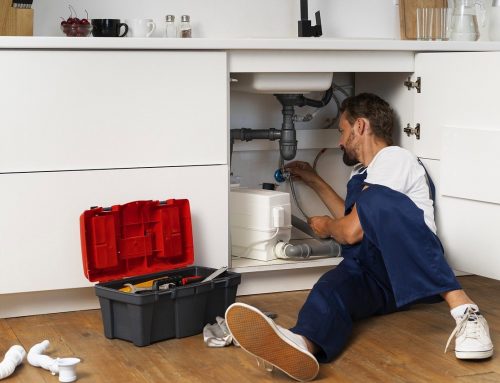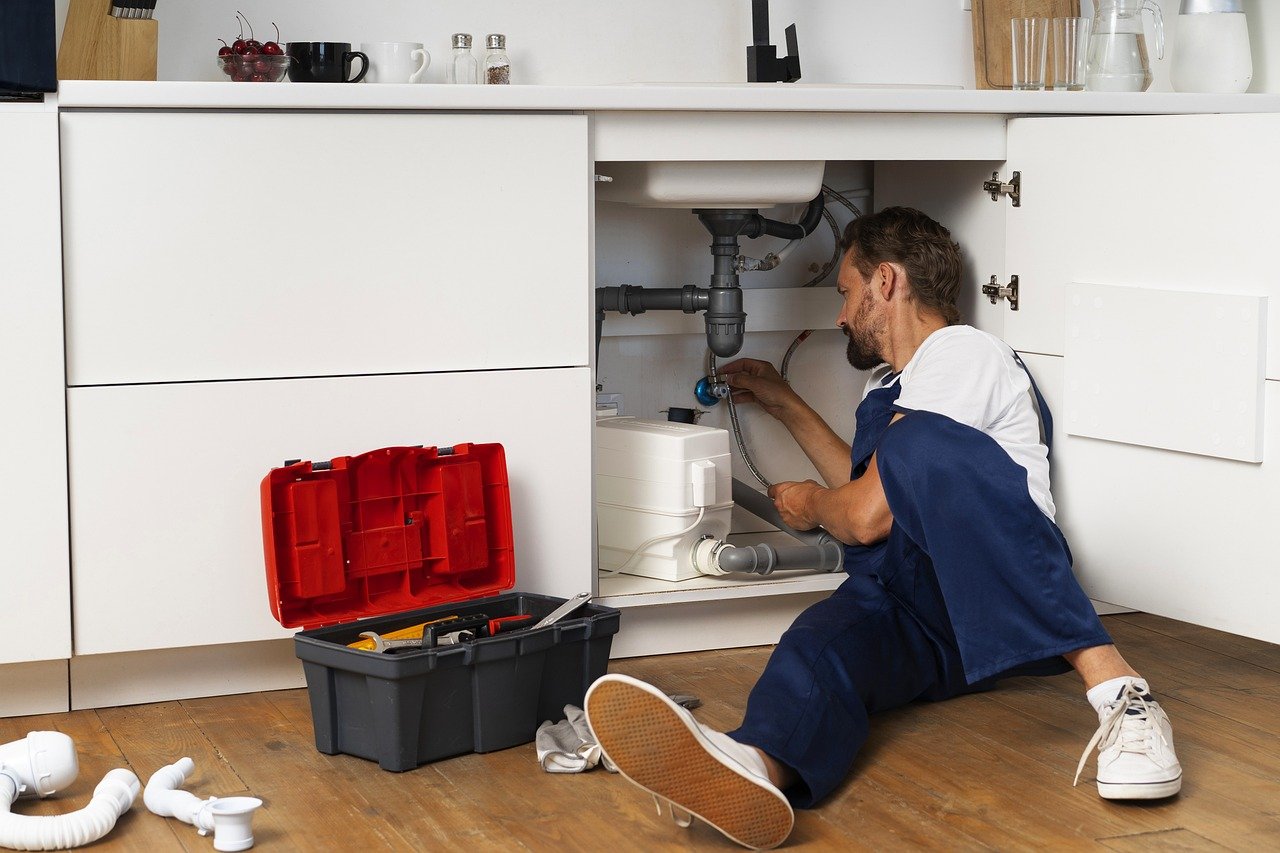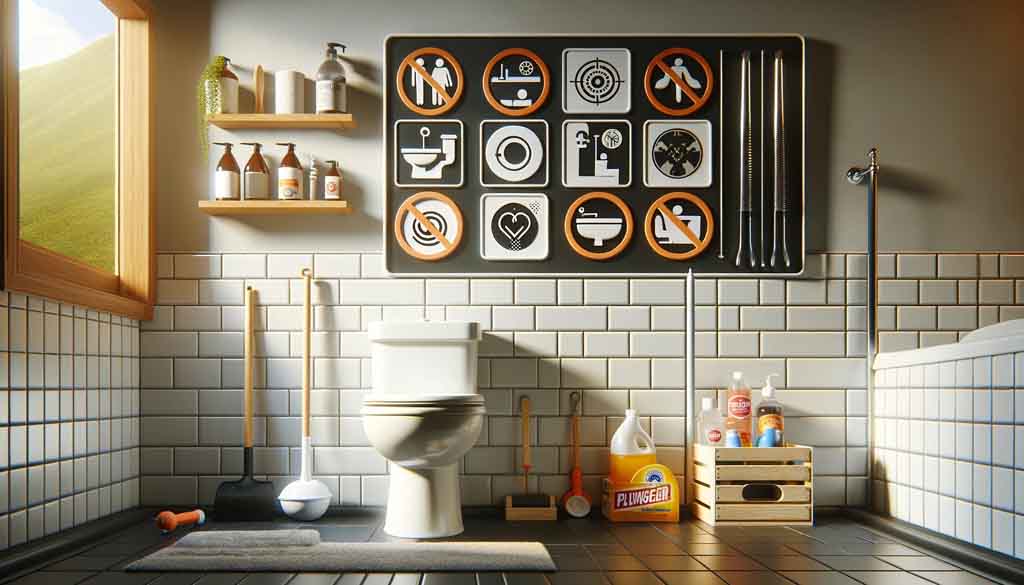The current weather is completely unpredictable, the good times are in vain, unfortunately, it may rain for days. Precipitation collects very easily in the canals, in basements and can cause great damage.
Here are some reasons, why is it important to pump rainwater after a storm a blockages To avoid:
- Channel system protection: When there is a lot of rain, drains and the sewer system usually receive a greater load. If the rainwater is not properly drained, water can quickly build up and cause blockages in storm drains and drains. Pumping rainwater after a storm makes it possible, to transport the collected water efficiently and quickly from the sewer system, reducing the risk of blockages.
- Soil guidance: If the rainwater after a storm is not pumped off properly, can easily happen, that excessive amounts of water seep into the soil, and it can cause problems there too. Excessively waterlogged soil can flood low-lying areas, and can disturb the root system of plants. This can lead to blockages in the groundwater drainage system, and can cause problems in the foundations of buildings.
- Drains and sewage system protection: Rainwater contains many pollutants, for example a letter, branches, dirt and other waste. If the rainwater is not pumped properly, these pollutants can easily enter the sewer system and sewage system. This can lead to blockages and blockages in sewer pipes and in sewers. Pumping out rainwater after a storm helps avoid these problems, as the pumping system can clean and transport the water, without pollutants entering the system.
Pumping rainwater after a storm therefore plays an important role in avoiding blockages, as it helps to drain water efficiently, prevents the accumulation of water and the overloading of the sewer system. This reduces congestion, the risk of blockages and floods.
It is important to note, that pumping rainwater requires a properly functioning pumping system. The pumping system must be strong and efficient enough for this, to transport the accumulated rainwater efficiently and quickly. It is also important to ensure regular maintenance of the system, to prevent clogging or failure of the pumps.
Pumping rainwater therefore not only serves to recycle water and protect the environment, but also helps prevent blockages. With the help of a properly designed and functional pumping system, the problems of rainwater after a storm can be effectively dealt with, minimizing congestion and flood risks, and contributing to sustainable water management.
Our team is now prepared to completely pump out the precipitation remaining after the storm, if you also need an expert team, do not hesitate, look for us our contact details on one of them!











